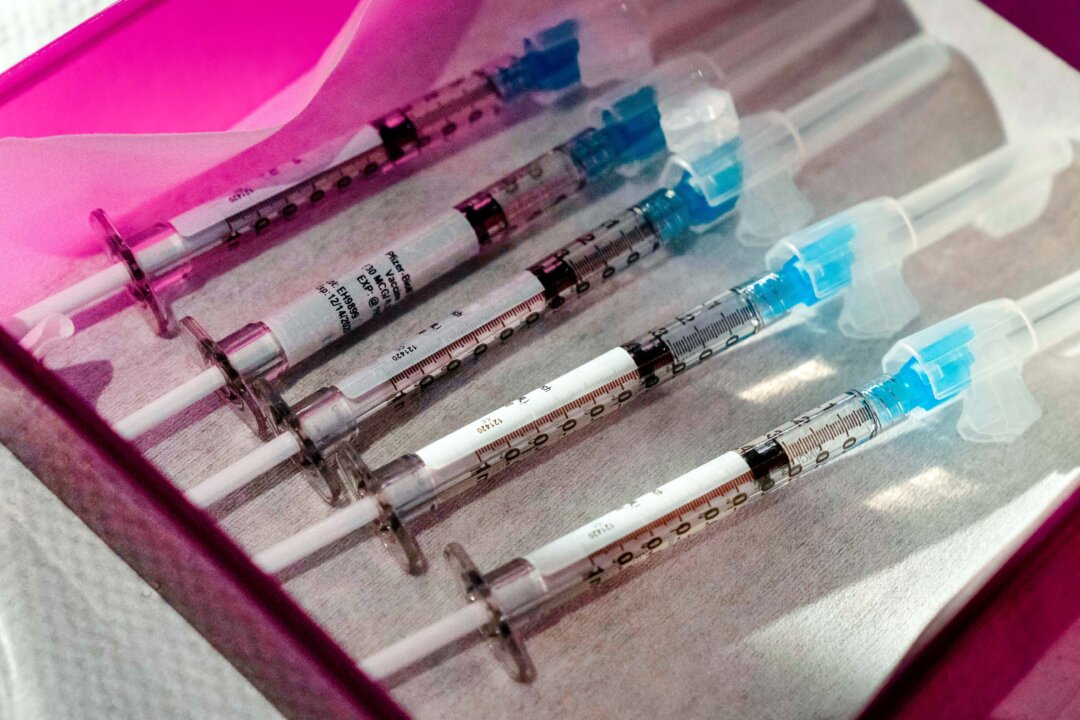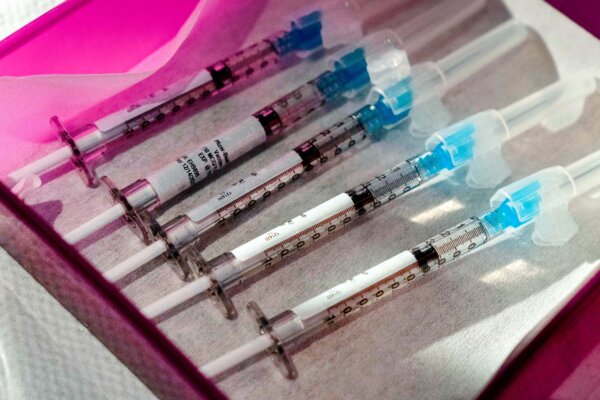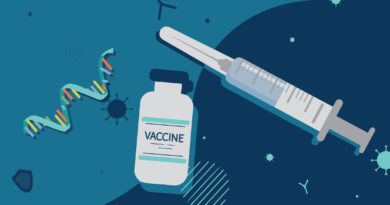Repeated mRNA Vaccination May Hamper Recovery From COVID-19: Study
There is also a risk of autoimmune disorders and inflammatory diseases following repeated COVID shots.
Taking multiple mRNA vaccines can end up raising the levels of a specific antibody that is linked to a reduced capacity of the immune system and “poor clinical outcomes of COVID-19,” according to recent research.
“Following repeated mRNA vaccination, IgG4 was observed to increase from 0.04 percent of total SARS-CoV-2 spike–specific IgG after two doses to 19.27 percent after three doses.”
“Increased concentrations of IgG4 have been associated with immunosuppression and poor clinical outcomes of COVID-19, and while generally regarded as anti-inflammatory, may contribute to some autoimmune disorders and inflammatory IgG4-related diseases,” researchers said.
The study looked at three groups of individuals. The first group received three doses of Moderna’s mRNA vaccine while the second took Pfizer’s mRNA shots. Both of them also got Novavax’s COVID-19 vaccine as the fourth dose. The third group received four doses of Novavax.
It also contains an ingredient called an adjuvant that helps the immune system respond to the spike protein. As the immune system is trained to respond to the spike protein, it’s able to react swiftly when a person gets infected by COVID-19.
In contrast, mRNA vaccines teach the body’s cells to produce the spike protein that triggers the immune response and eventually the antibodies.
Instead, Novavax “drove proportional increases in IgG3, perhaps the most potent SARS-CoV-2 neutralizing antibody subclass.”
The study found that anti-spike protein IgG3 levels were “markedly higher (>10-fold)” after three or four doses of the Novavax vaccine.
Funded by Novavax
The study was funded by Novavax. Two groups of samples were used in the study. One sample came from a clinical trial that had links to Novavax. Another sample was from a clinical trial funded by the company.
Out of the 15 researchers in the study, 11 were reported to be employees and stockholders at Novavax. Four researchers are employed at the Department of Microbiology and Immunology, University of Melbourne, at the Peter Doherty Institute for Infection and Immunity.
mRNA Safety Concerns
Another preprint study published in October last year also arrived at similar conclusions. It found a “substantial increase” in IgG4 antibodies in healthy people after they were given the third mRNA vaccine dose. The median IgG4 level was found to be 21 percent of all IgG antibodies.
“IgG4 antibodies among all spike-specific IgG antibodies rose, on average, from 0.04 percent shortly after the second vaccination to 19.27 percent late after the third vaccination.”
Rising IgG levels have also been documented by studies investigating other negative effects of COVID-19 vaccinations.
Many people who have IgG4-related diseases may not show any symptoms or signs until a diagnosis is made months or years after the illness begins. As such, the affected organ may already be undergoing damage by the time medical attention is sought.
Some of the common symptoms of IgG4-related diseases are inflammatory tissue in the thyroid, enlarged kidneys, bulges below the chin or sides of the face, weight loss, and urine flow from kidneys getting blocked.
This article has been archived for your research. The original version from Epoch Times can be found here.






